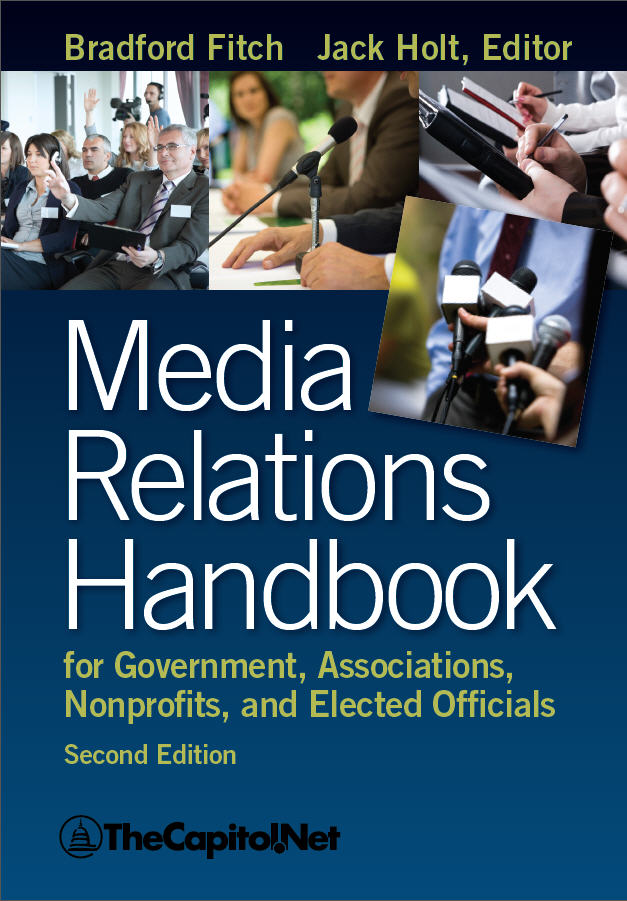Trying to avoid a crisis with the media may be well and good, but the fact is that a crisis can not always be avoided. When one does occur, it is essential to know how to handle it, and, as importantly, what you should not do.

1. Ignore the problem
One of the most common reactions to a crisis is to ignore it and hope it goes away. This rarely works, especially when it is a media crisis. When you have a crisis, you must meet it head on and deal with it immediately.
2. Not changing your decision making model
One of the most common mistakes organizations make is to try to overcome the problem by working harder. Whenever there is a communication crisis, a team that is already overworked suddenly must take on even more of a burden. To effectively deal with the crisis, new decision making protocols must be established. In some cases, you may need to form a completely separate  communications team to specifically address that crisis.
communications team to specifically address that crisis.
3. Allowing lawyers to direct public relations policy
While it may be advisable to have the best attorney representing you if you go to court, when you are facing a crisis in the media you need an expert on the court of public opinion. Choose the right advocate to handle the right battleground.
4. Withholding information
If you attempt to withhold information, it will eventually come out. When that happens, it will add to the crisis and make it appear as if you are trying to hide something.
5. Not immediately correcting errors
The public understands that people are human and will, from time to time, make mistakes. When a mistake is made during a communications crisis, it is going to be amplified. If you say something erroneous, do not hesitate to correct it immediately. Failure to do so will only cause reporters to believe that you misled them on purpose. The result? They might just tell a few million listeners or readers that you deliberately deceived them. It is far better to come clean and own up to your mistake and correct it on your own.
Reference: Media Relations Handbook, by Brad Fitch, Section 12.15 Eight Mistakes to Avoid in a Crisis
Courses
- Congressional Operations Briefing – Capitol Hill Workshop
- Congressional Dynamics and the Legislative Process
- Drafting Federal Legislation and Amendments
- Understanding Congressional Budgeting and Appropriations
- Advanced Legislative Procedure
Publications
CongressionalGlossary.com, from TheCapitol.Net
For more than 40 years, TheCapitol.Net and its predecessor, Congressional Quarterly Executive Conferences, have been teaching professionals from government, military, business, and NGOs about the dynamics and operations of the legislative and executive branches and how to work with them.
Our custom on-site and online training, publications, and audio courses include congressional operations, legislative and budget process, communication and advocacy, media and public relations, testifying before Congress, research skills, legislative drafting, critical thinking and writing, and more.
TheCapitol.Net is on the GSA Schedule, MAS, for custom on-site and online training. GSA Contract GS02F0192X
TheCapitol.Net is now owned by the Sunwater Institute.
Teaching how Washington and Congress work ™

